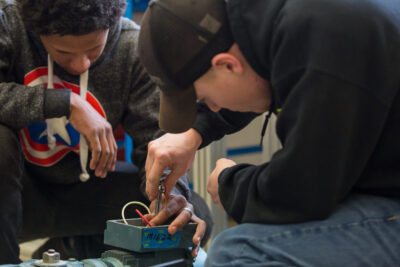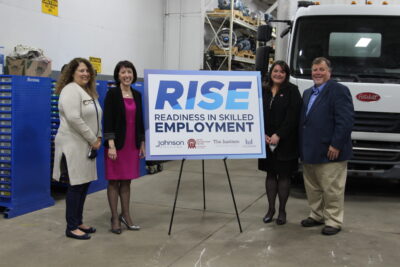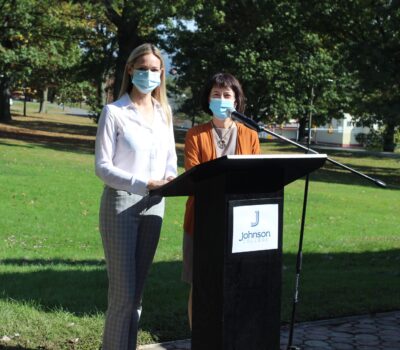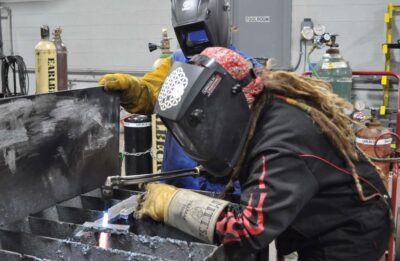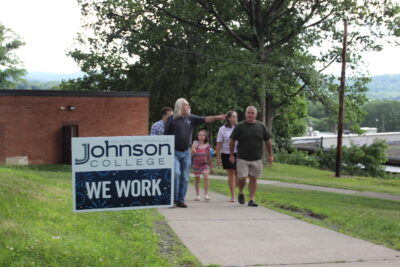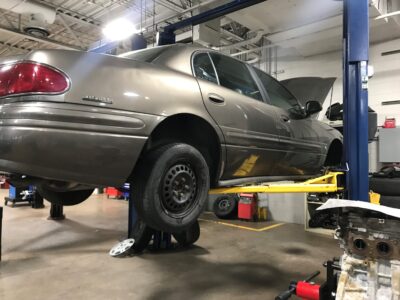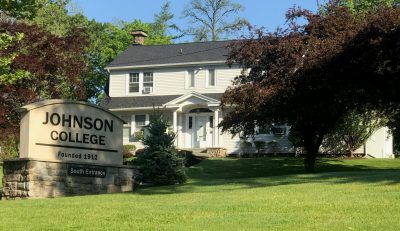Students can now enroll in Johnson College’s new one-year academic certificate program, Industrial Technology. The program will launch during the spring 2022 semester.
This one-year academic certificate program prepares students for employment as entry-level industrial technicians. Students will learn industry skills such as diagnostics, equipment repair, machine testing, and operations. The program also teaches students critical thinking and decision-making skills.
Graduates of the program will prepare to work in machine shops, fabrication shops, distribution warehouses, and similar settings that encompass the industrial technology industry. They will know how to work in a team environment, practice professionalism, and acknowledge organizational diversity.
The Industrial Technology field is expected to grow by 19% per the Bureau of Labor Statistics. Graduates entering the field have the potential to earn $54,920.
“We are excited to add the Industrial Technology one-year academic certificate to our growing list of programs,” said Bill Burke, M.S., Johnson College’s Vice President of Student and Academic Affairs. “Graduates of this program will become proficient in the technical skills industry requires, and will also acquire the essential soft skills required to enter today’s workforce.”
For more information about the program, or to enroll in Johnson College’s Industrial Technology program, please visit johnson.edu/industrialtech or contact Johnson College’s Enrollment Department at 570-702-8856 or enroll@johnson.edu.

